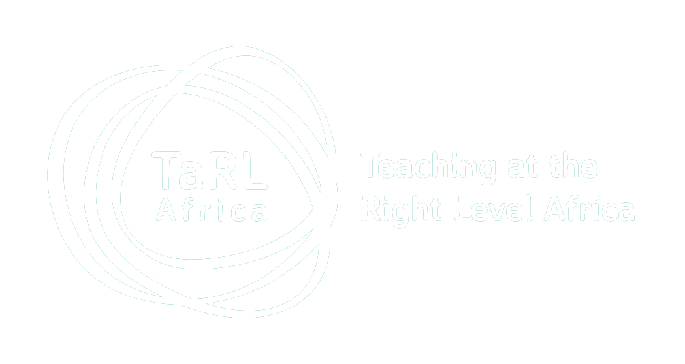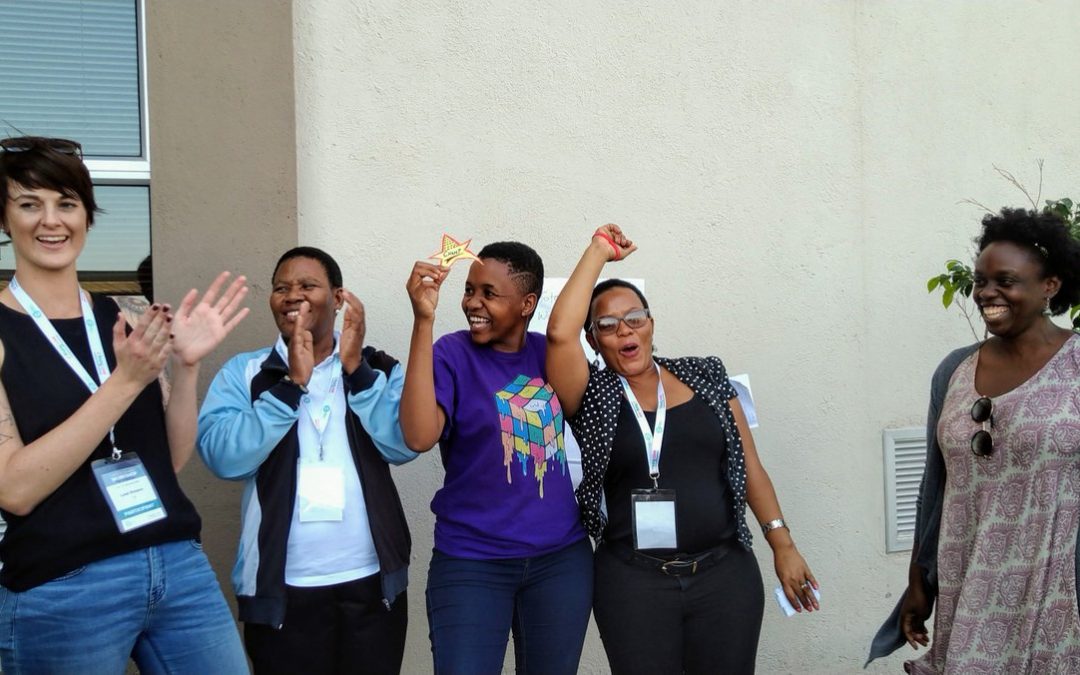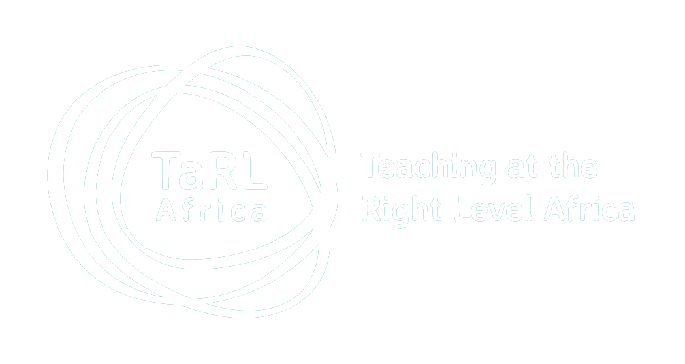From 9-18 September, Young 1ove and TaRL Africa hosted participants from organisations across Africa for a TaRL learning journey and workshop in Gaborone, Botswana. Lindi Strydom from South African-based organisation, Community Action Partnership (CAP) reflects on her experience at the Workshop.
In September, representatives from all over Africa attended an 8-day Teaching at the Right Level (TaRL) workshop in Botswana, with one common interest: To learn about an exciting evidence-backed remedial education programme designed to help learners acquire basic reading and mathematics skills.
In South Africa, our school drop-out rate is extremely high. For every 100 learners entering Grade 1, half drop out, 40 will pass Matric (South Africa’s high school leaving examination), and only 12 will be accepted into a higher education institution. The overall dropout rate for schools in our local community is 54% and I strongly believe that the lack of basic reading and mathematics skills contributes greatly to this problem. Thus, learning more about a simple, adaptable and learner-centred solution was my personal motivation for attending the TaRL workshop.
The week kicked off with a Learning Journey experience hosted by Young 1ove; a young, dynamic and energetic NGO based in Botswana that implements health and education programmes. They set the tone for the week with fun and interactive ‘getting to know each other’ icebreakers and energisers, and took us to a local school where we could see the programme in action. The learners were grouped according to their mathematics learning level to form three classes (Class One: addition and subtraction, Class Two: multiplication, and Class Three: division). Each class was led by a Young 1ove facilitator, who conducted fun activities such as the ‘bundles and sticks’ activity , and to encourage learner participation everyone would ‘snap’ their fingers as a way of applauding. I was amazed at how engaged learners were at all times and how this uncomplicated method truly made them grasp the concepts of the different operations. This was a huge highlight and it was only the beginning of the week!
The following day, the TaRL workshop commenced with presentations by the TaRL Africa team, a joint partnership between Pratham and J-PAL. The team did a wonderful job delivering carefully planned and engaging activities. During the week we learned about the TaRL approach for Literacy and Mathematics which, at the classroom level, can be broken down into 3 main components:
- Learners are evaluated with a quick and easy-to-use assessment tool.
- Learners are grouped according to their level of understanding and not their grade or age.
- Learners are taught basic reading and mathematics skills through fun and engaging, level-appropriate activities that are culturally relevant.
We also gained an understanding of where and why TaRL was born, how it continuously evolved through randomised evaluations, how it can be modelled to fit different contexts, what is needed to create a scalable and sustainable model, and finally how to ensure it will be successful.
What stood out was how incredibly simple but exceptionally efficient this programme is if it is implemented correctly to fit the local context. Sharing their TaRL success story were members of the Ministry of General Education from Zambia, who joined us at the workshop. Zambia placed last in 2011 Southern and East Africa Consortium for Monitoring Education Quality (SACMEQ) assessment, for both reading and mathematics. In 2015, J-PAL Africa approached them with compelling research on a programme called TaRL – government wasted no time to get on board – next year the programme will be scaled up to 1800 schools.
Similarly, in South Africa, results from the 2015 Trends in International Mathematics and Science Study (TIMSS) and the 2016 Progress in International Reading Literacy (PIRLS) assessments showed that 83% of grade 5 learners were unable to do basic mathematics (adding and subtracting whole numbers) and 78% of grade 4 learners were unable to read with meaning. South Africa was the lowest-performing country out of 50 in both assessments, failing to reach even the lowest benchmark.
To approach this problem we, as a non-profit company known as Community Action Partnership (CAP) and based in the rural Western Cape town, Swellendam, are interested in piloting a 3-year adapted Learning Camp Model at all our local schools, reaching just below 40,000 learners. This model will entail a 40-day burst of after school instruction for 1.5 to 2 hours with regular assessment of learner performance. Our vision is to establish real sustainable and scalable change and to achieve this we will eventually partner with the government.
Having had the opportunity to be a part of this workshop and meeting so many different people from all over Africa, sharing stories and ideas, and learning from each other has allowed us to gain a new perspective on what is possible and how to combat problems that seem almost impossible to solve. How do you eat an elephant? One TaRL bite at a time!


